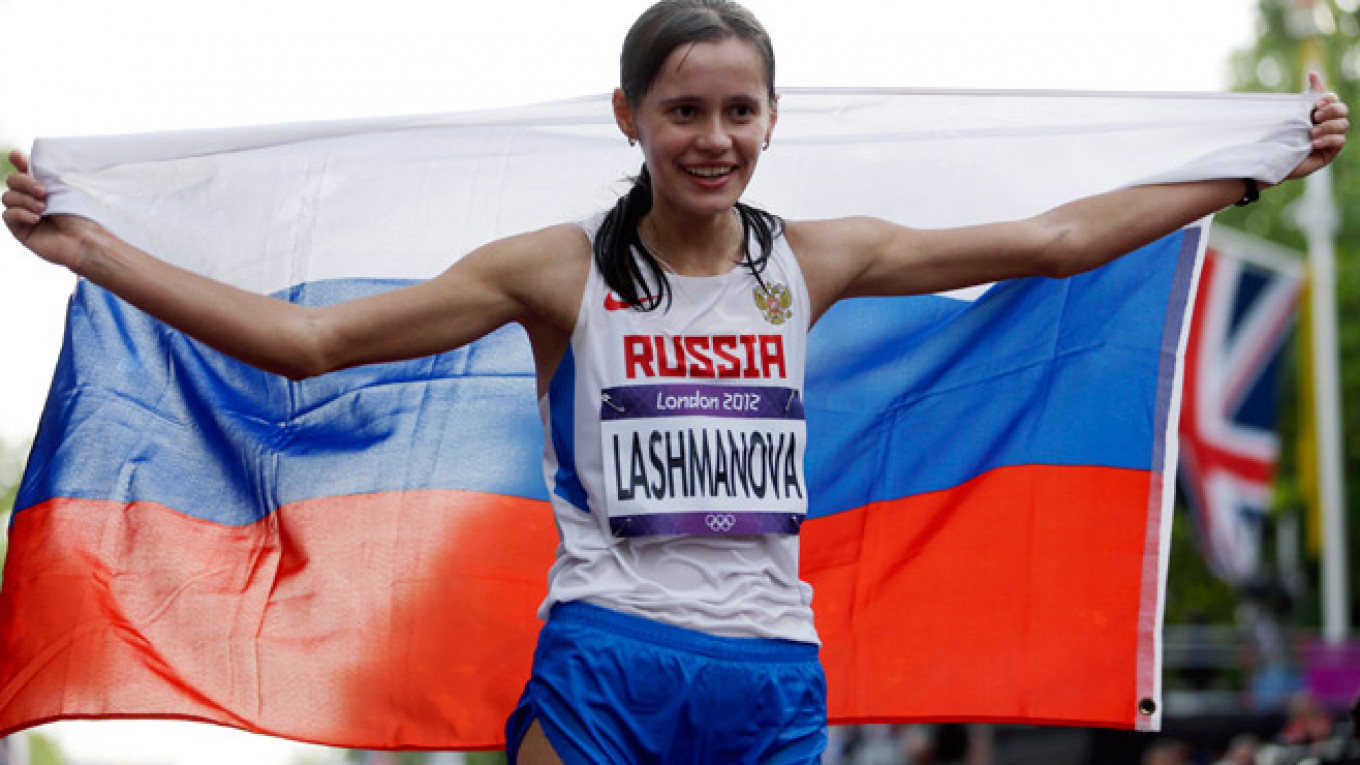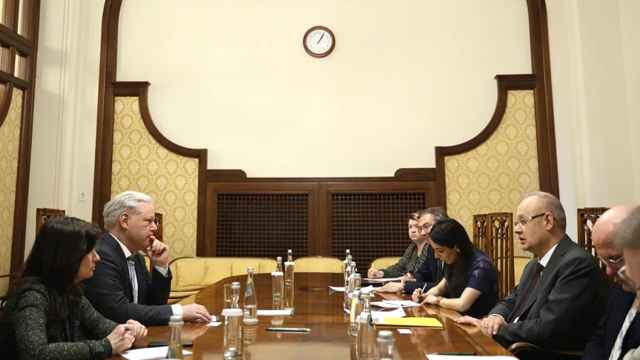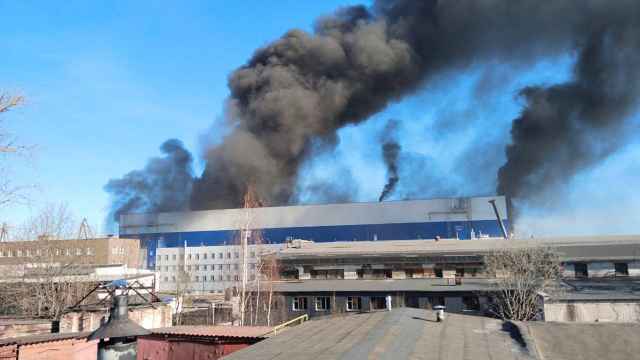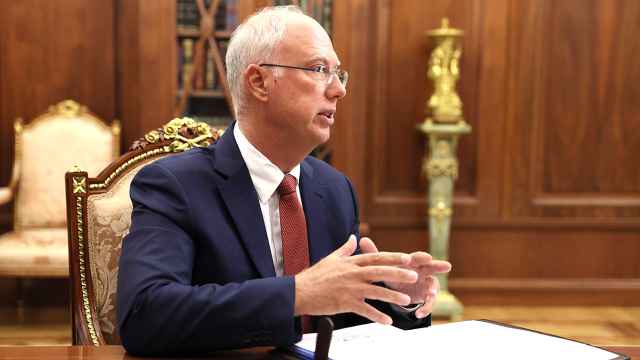Two Russian Olympic medal hopefuls, including reigning women's race-walking champion Yelena Lashmanova, could miss next year's Olympics as the IAAF investigates whether they competed while banned for doping.
The new probe comes at a time when the IAAF and World Anti-Doping Agency are already investigating allegations made in a German TV documentary of systematic doping and cover-ups in Russia.
The latest allegations cast another shadow over Russia's state-backed race-walking program, which has dominated at the Olympics and world championships for years but has also seen at least 17 athletes banned for doping in recent years.
Lashmanova, who won gold in the 20-kilometer race walk at the 2012 London Olympics, was suspended for two years in July after testing positive for a banned substance in January 2014. Her ban expires in time for next year's Olympics in Rio de Janeiro.
However, she is now under investigation because of photographs posted online which appear to show her competing at a Dec. 30 meet in Russia, along with 2012 world junior champion Yekaterina Medvedeva, who is also serving a ban.
The International Association of Athletics Federations told The Associated Press by email that the organization "has been informed by multiple sources that one or more athletes may have competed in a Russian race last month while under sanction."
"The IAAF medical and anti-doping department are investigating those allegations," it said.
The event organizer, a leading official in the Russian race-walking program, has said that pictures posted online purporting to show Lashmanova competing in December were actually taken in 2012. However, Canadian race walker Evan Dunfee disputed this version of events, detailing various discrepancies in the photographs, including athletes wearing apparel and shoes that Dunfee says were not available in 2012.
The IAAF probe could involve more top Russian athletes and officials accused of participating in an alleged cover-up. Dunfee has alleged that some photographs showing the medal ceremony at the December meet appear to have been staged at a later date to conceal Lashmanova's participation, noting that some pictures show no spectators.
Asked whether this claim was also being investigated, the IAAF said its rules are "very clear" on breaches of doping bans, referring to a rule which specifies that athletes or officials who cover up for a banned athlete are also liable to face punishment.
Russian athletics federation head Valentin Balakhnichev has set up a commission to investigate the case and cast doubt on claims that Lashmanova was not at the meet.
"Nothing good awaits her," he told Russian newspaper Sovetsky Sport. "We're very sorry that this situation has arisen."
While nominally a regional event, the competition in the city of Saransk featured several world-class athletes because it was held in the same city as Russia's national race-walking center. Reigning world champion Alexander Ivanov and European champion Elmira Alembekova competed, as did at least three other athletes who have won world or European medals.
Jared Tallent, a walker who has won three Olympic medals for Australia, told the AP that he had contacted the IAAF requesting an investigation and said there should be a broader probe into Russian race walking, including its numerous doping cases and head coach Viktor Chegin. About 20 of Chegin's athletes have failed drug tests.
"It's been going on for far too long," Tallent said. "The amount of athletes that have been banned is quite frankly ridiculous and it's just more and more every year. … It seems like that to them, a ban just means you can't race overseas, you can still compete in Russia."
A Message from The Moscow Times:
Dear readers,
We are facing unprecedented challenges. Russia's Prosecutor General's Office has designated The Moscow Times as an "undesirable" organization, criminalizing our work and putting our staff at risk of prosecution. This follows our earlier unjust labeling as a "foreign agent."
These actions are direct attempts to silence independent journalism in Russia. The authorities claim our work "discredits the decisions of the Russian leadership." We see things differently: we strive to provide accurate, unbiased reporting on Russia.
We, the journalists of The Moscow Times, refuse to be silenced. But to continue our work, we need your help.
Your support, no matter how small, makes a world of difference. If you can, please support us monthly starting from just $2. It's quick to set up, and every contribution makes a significant impact.
By supporting The Moscow Times, you're defending open, independent journalism in the face of repression. Thank you for standing with us.
Remind me later.






